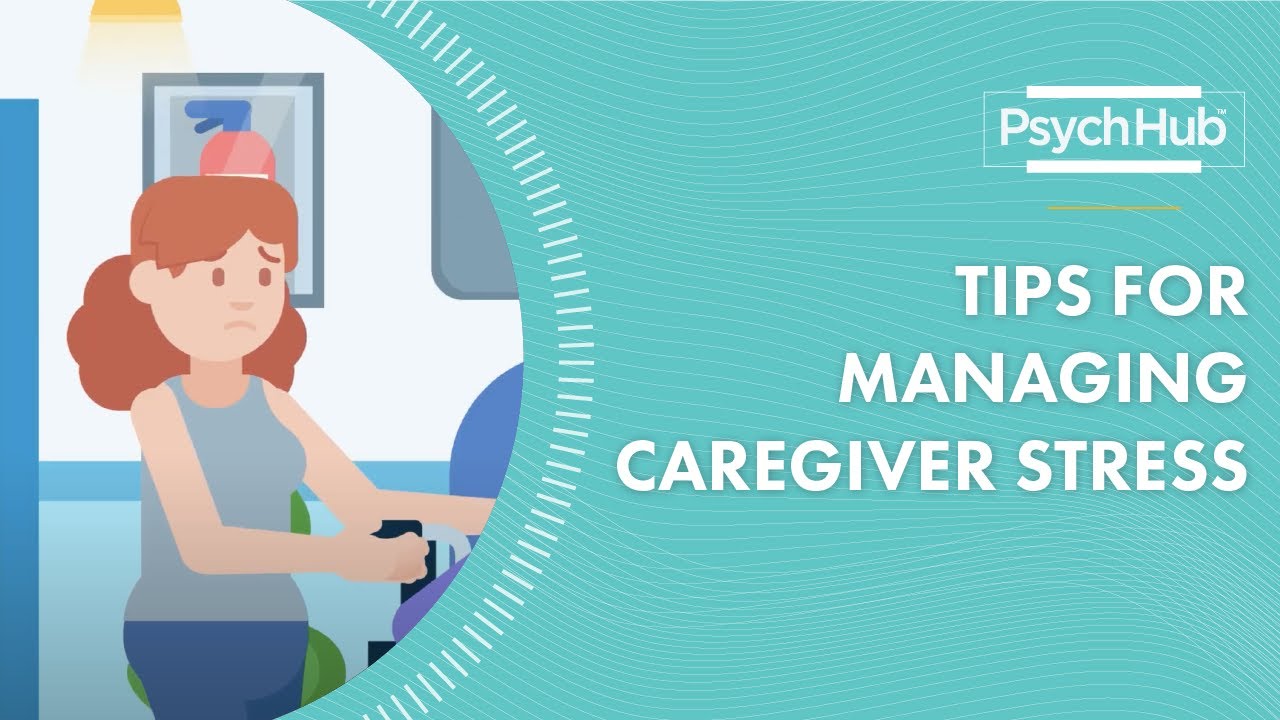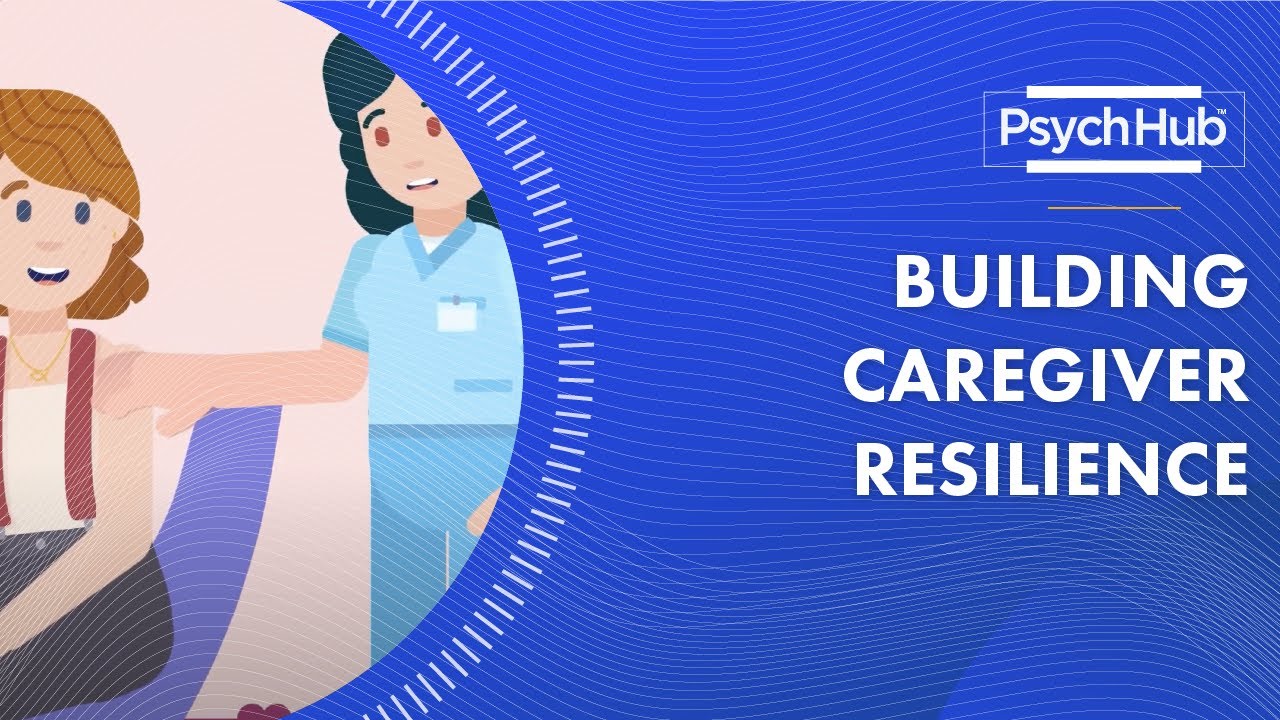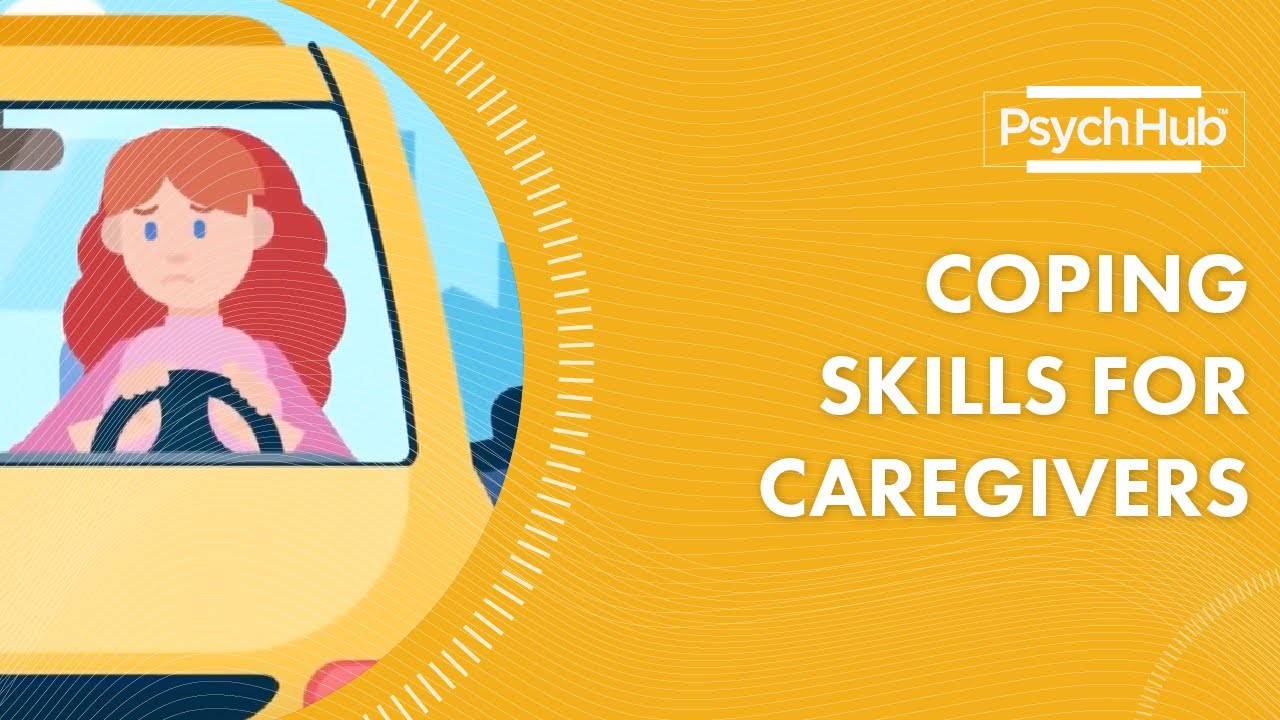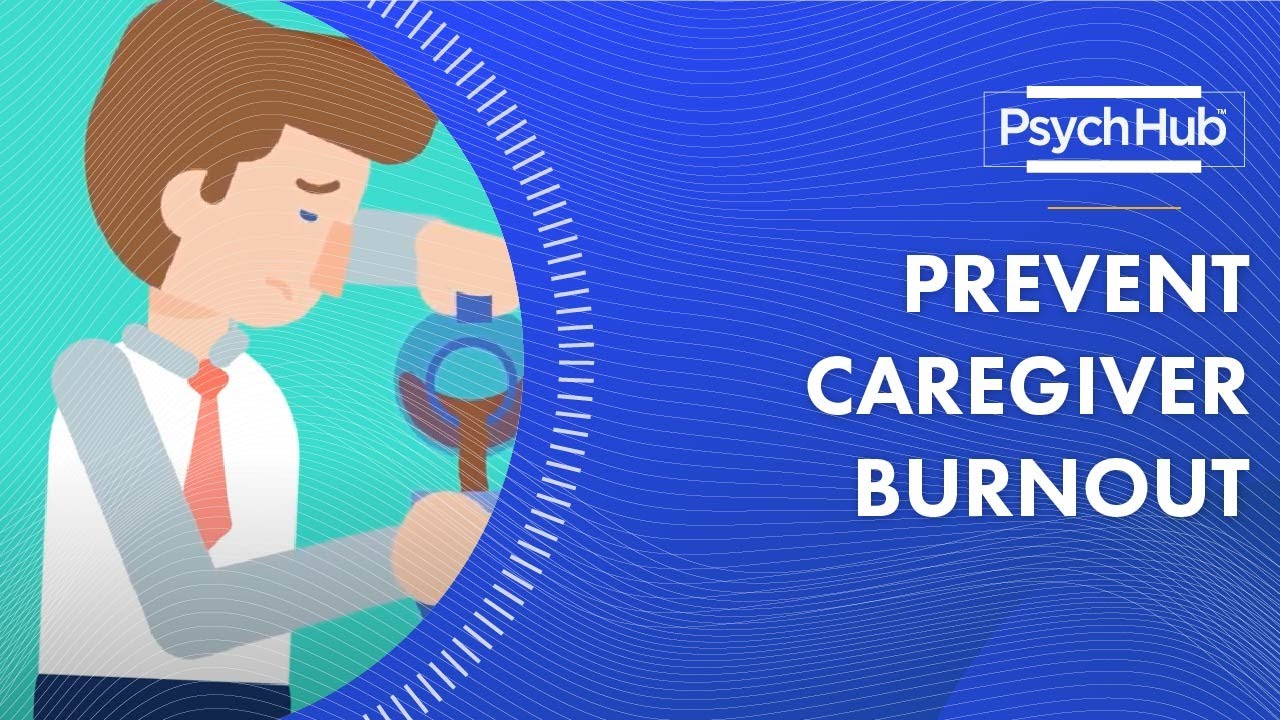Mental Health and Wellness

Mental Health and Wellness Hub
Mental health and wellness includes your emotional, psychological and social well-being. Mental health can impact many different aspects of life including sleep, relationships, work, school, appetite, energy levels, physical well-being, and your outlook on life. People with Down syndrome and their caregivers may have an increased risk of experiencing mental health issues including anxiety, depression, and more. Below are some resources to help learn about, recognize and help loved ones deal with mental health issues.
It is important to discuss any health concerns with your primary health care professional first, as they will have the most up-to-date information and will be able to provide input on screening and referrals to specialists as needed.
Mental Health and Wellness Resources for People with Down Syndrome
3.21 Magazine, Issue 9 Mental Health Issue:
Advocate Medical Group Adult Down Syndrome Centre:
Down Syndrome Australia: Down Syndrome and Mental Health
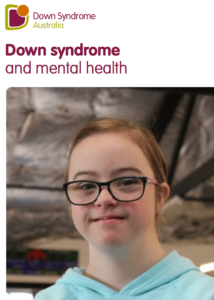 This resource talks about what people with Down syndrome and their families can do to support good mental health, as well as help identify when professional support might be required.
This resource talks about what people with Down syndrome and their families can do to support good mental health, as well as help identify when professional support might be required.
National Library of Medicine: Prevalence of Mental Health Conditions Among Individuals with Down Syndrome.
 Findings from a recent study of the largest documented cohort of individuals with Down syndrome (DS) in the United States described prevalence of common disease conditions and strongly suggested significant disparity in mental health conditions among these individuals as compared with age- and sex-matched individuals without Down syndrome.
Findings from a recent study of the largest documented cohort of individuals with Down syndrome (DS) in the United States described prevalence of common disease conditions and strongly suggested significant disparity in mental health conditions among these individuals as compared with age- and sex-matched individuals without Down syndrome.
Mental Wellness in Adults with Down Syndrome:
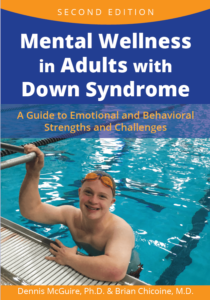 A Guide to Emotional and Behavioral Strengths and Challenges Written by Dennis McGuire, Ph.D. & Brian Chicoine, M.D.
A Guide to Emotional and Behavioral Strengths and Challenges Written by Dennis McGuire, Ph.D. & Brian Chicoine, M.D.
National Down Syndrome Society NDSS: Mental Health Issues & Down Syndrome
 At least half of all children and adults with Down syndrome face a major mental health concern during their life span. Children and adults with multiple medical problems experience an even higher rate of mental health problems.
At least half of all children and adults with Down syndrome face a major mental health concern during their life span. Children and adults with multiple medical problems experience an even higher rate of mental health problems.
General Information About Mental Health and Wellness
Canada 211
 211 is Canada’s primary source of information for government and community-based, nonclinical health and social services. The free and confidential service can be accessed 24 hours a day, in more than 150 languages, by phone, chat, text, and web. 211 helps connect people to the right information and services, making their pathway to care and resources a guided and trusted one.
211 is Canada’s primary source of information for government and community-based, nonclinical health and social services. The free and confidential service can be accessed 24 hours a day, in more than 150 languages, by phone, chat, text, and web. 211 helps connect people to the right information and services, making their pathway to care and resources a guided and trusted one.
211 is available by phone, chat, website, and text in different regions – dial 2-1-1 to connect to community services.
CAMH Mental Health 101
 It all starts with knowledge. Use this series of free online tutorials as a starting point for learning about mental health.
It all starts with knowledge. Use this series of free online tutorials as a starting point for learning about mental health.
Surrey Place: Mind, Body and Soul Series
![]() Enjoy the Nourishing Your Mind, Body & Soul Series, led by a Certified Meditation Teacher, Life Coach and Holistic Nutritionist. We encourage you to watch all four recordings to gain the benefits of this series
Enjoy the Nourishing Your Mind, Body & Soul Series, led by a Certified Meditation Teacher, Life Coach and Holistic Nutritionist. We encourage you to watch all four recordings to gain the benefits of this series
Anxiety Canada
PsychHub
 The Most Expansive Library of Mental Health Videos
The Most Expansive Library of Mental Health Videos
CDC Centre for Disease Control: The Mental Health of People with Disabilities
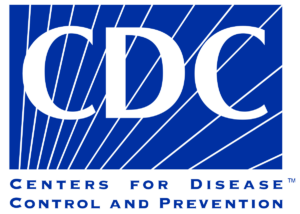 Adults with disabilities report experiencing frequent mental distress almost 5 times as often as adults without disabilities.
Adults with disabilities report experiencing frequent mental distress almost 5 times as often as adults without disabilities.
Art as Therapy: Healing Trauma Through Artistic Expression
Art creation improves a person’s physical, mental, and emotional well-being. Using imagery, colour, and shape can help one express thoughts and feelings that would otherwise be difficult to articulate. It also helps reconcile emotional conflicts, foster self-awareness, manage behaviour, develop social skills, improve reality orientation, reduce anxiety, and increase self-esteem.
Learn more about creating art for therapeutic benefits from PaintVibe.com.
Teaching Children and Young Adults About Mental Health
Caring for Kids.cps.ca:Your Child’s Mental Health
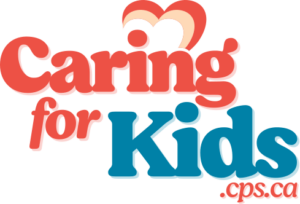 Mental health affects the way people think, feel and act. Taking care of our mental health is just as important as having a healthy body.
Mental health affects the way people think, feel and act. Taking care of our mental health is just as important as having a healthy body.
Anna Freud National Centre for Children and Families
 We All Have Mental Health Animation and Teacher Toolkit: This animation was developed in collaboration with young people, teachers and mental health experts. The animation aims to give young people of this age:
We All Have Mental Health Animation and Teacher Toolkit: This animation was developed in collaboration with young people, teachers and mental health experts. The animation aims to give young people of this age:
- Consistent and accessible language to talk about mental health
- A better understanding of mental health self-care
- To know who to ask for support when it is needed

We All Have Mental Health

We All Have Mental Health: Behind the Scenes
Talking Mental Health
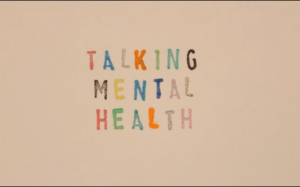 Talking Mental Health is an animation and accompanying teacher toolkit designed to help begin conversations about mental health in the classroom and beyond.
Talking Mental Health is an animation and accompanying teacher toolkit designed to help begin conversations about mental health in the classroom and beyond.

Talking Mental Health

Talking Mental Health: Behind the Scenes
Information About Mental Health and Wellness for Caregivers
Canadian Mental Health Association: Care for the Caregiver
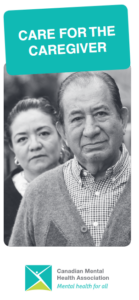 Caring for a loved one can be rewarding, but it can also be tiring, overwhelming, confusing, and stressful. Many caregivers feel obligated to put the needs of others before their own. Yet, when you make the time to take care of yourself, you can help avoid burnout, isolation, depression, anxiety, and other problems that caregiving might bring up. Here are some tips to reduce the impact that caregiving can take.
Caring for a loved one can be rewarding, but it can also be tiring, overwhelming, confusing, and stressful. Many caregivers feel obligated to put the needs of others before their own. Yet, when you make the time to take care of yourself, you can help avoid burnout, isolation, depression, anxiety, and other problems that caregiving might bring up. Here are some tips to reduce the impact that caregiving can take.
Psych Hub
 For those taking care of a loved one with a mental illness, it can be hard to look out for one’s own well-being. Practicing good self-care may be one of the most important things you do to prevent caregiver burnout.
For those taking care of a loved one with a mental illness, it can be hard to look out for one’s own well-being. Practicing good self-care may be one of the most important things you do to prevent caregiver burnout.


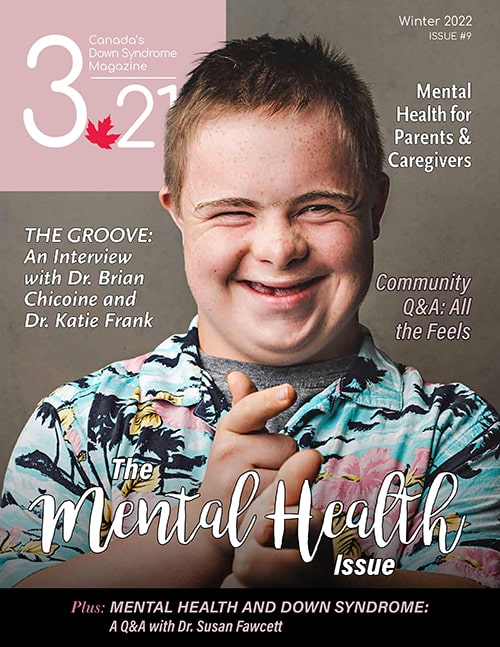
 Mental Wellness and Aging in Adults with Down Syndrome
Mental Wellness and Aging in Adults with Down Syndrome
